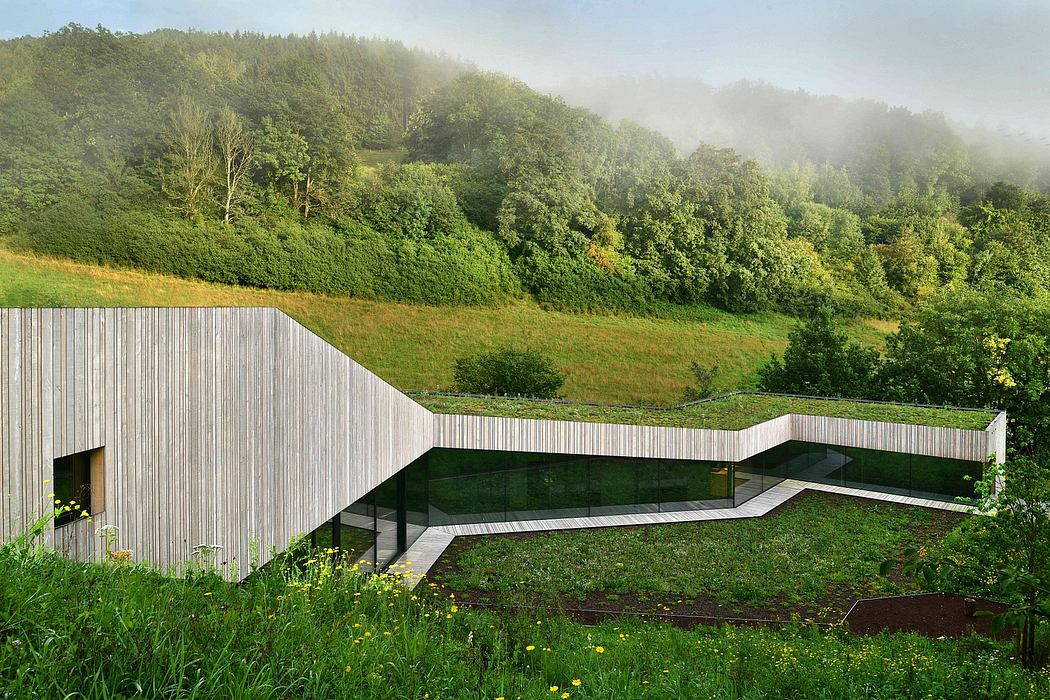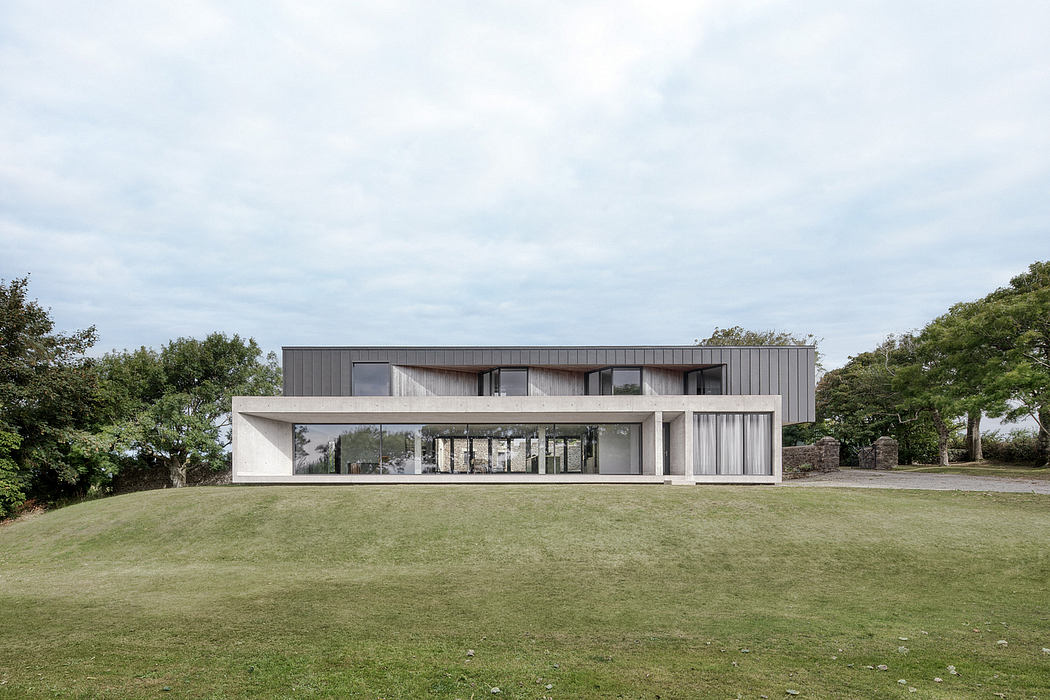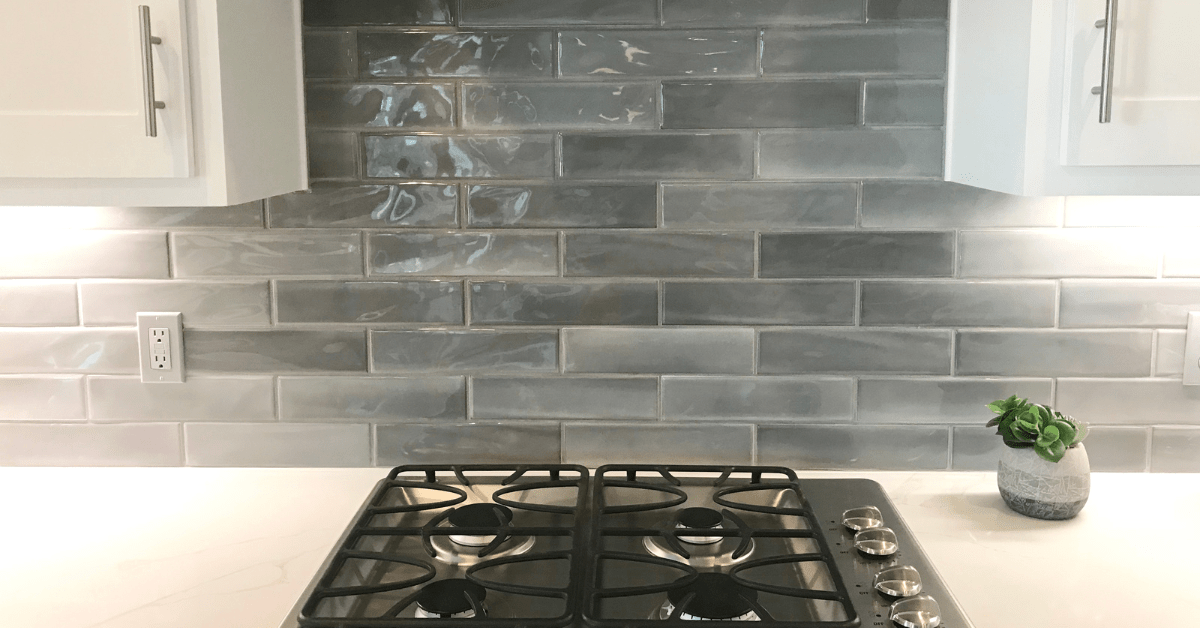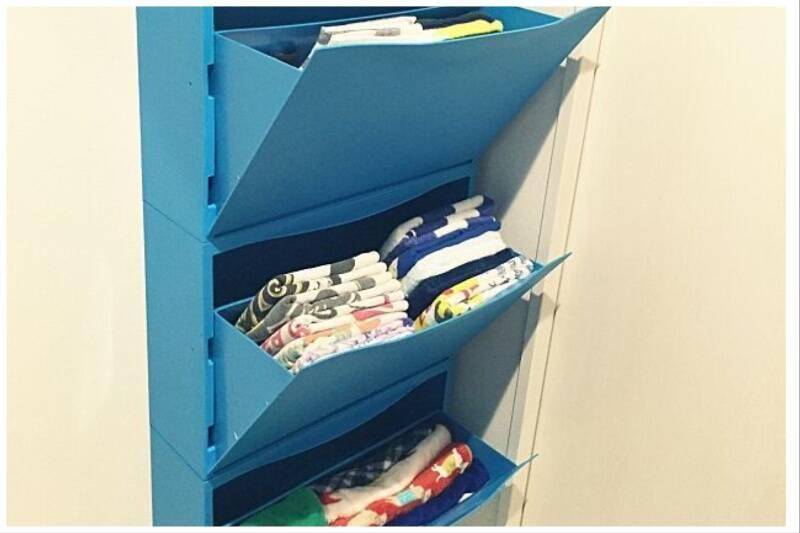Will Trump make the trains run on time"

Billions of dollars worth of subways, highways, and bullet trains are at stake under the Trump administration When Donald Trump succeeds Barack Obama on January 20, the transition will mark the first time in American history that a president from one of the nation?s largest cities (New York) succeeds another president from one of the nation?s largest cities (Chicago).
Neat. But don?t take that as a sign of a smooth handoff of urban policy, especially regarding that particular daily reality for tens of millions of city-dwelling Americans: public transit. Transportation animates a sizable chunk of urban planning in today?s cities and is one place where the federal government has potential to significantly affect the daily lives of city dwellers.
Much of Obama?s urban policy during the past eight years has worked toward fostering and preserving the notion of densely developed, transit-oriented, heterogeneous American cities, where bike share programs are as de rigueur as parking meters and 400-square-foot studios are coveted prizes.
Trump, on the other hand, is largely a blank slate on cities. From New York?Queens born and raised?but not of New York, he has spent most of his adult life in gilded real estate and chauffeured cars, not on the sidewalks and in the subway trains.
Trump has said little about what he will do regarding municipal must-haves, like public transit, that require formidable federal largesse. (His transition team did not respond to multiple requests ...
| -------------------------------- |
| The Airlander 10 - the world's largest aircraft |
|
|












